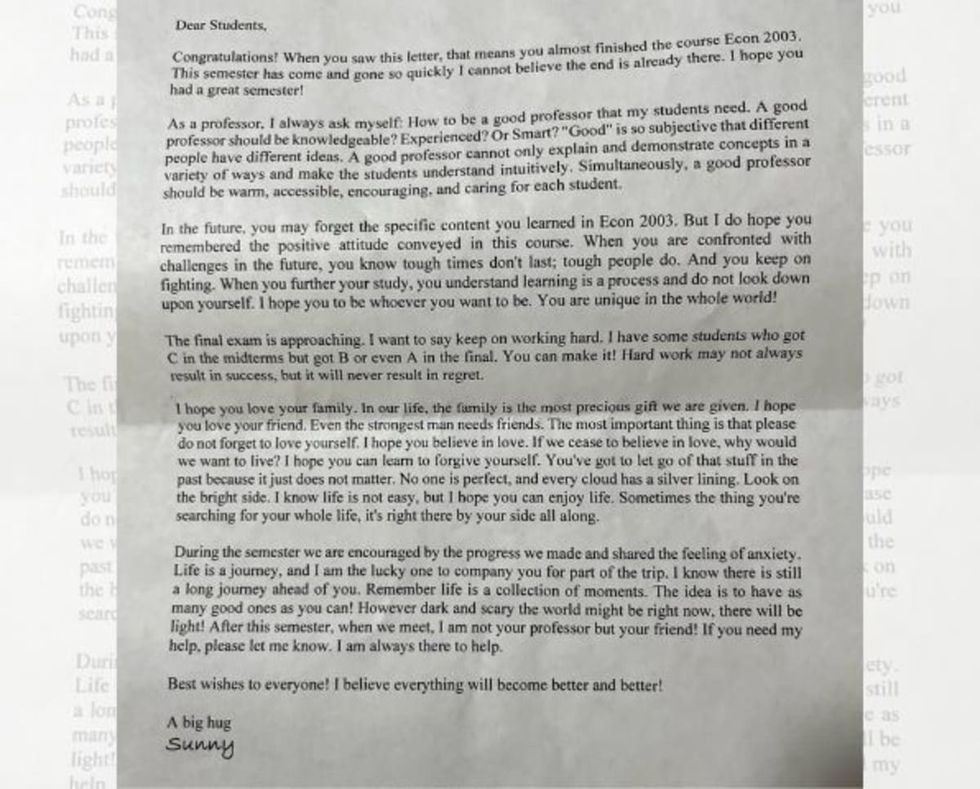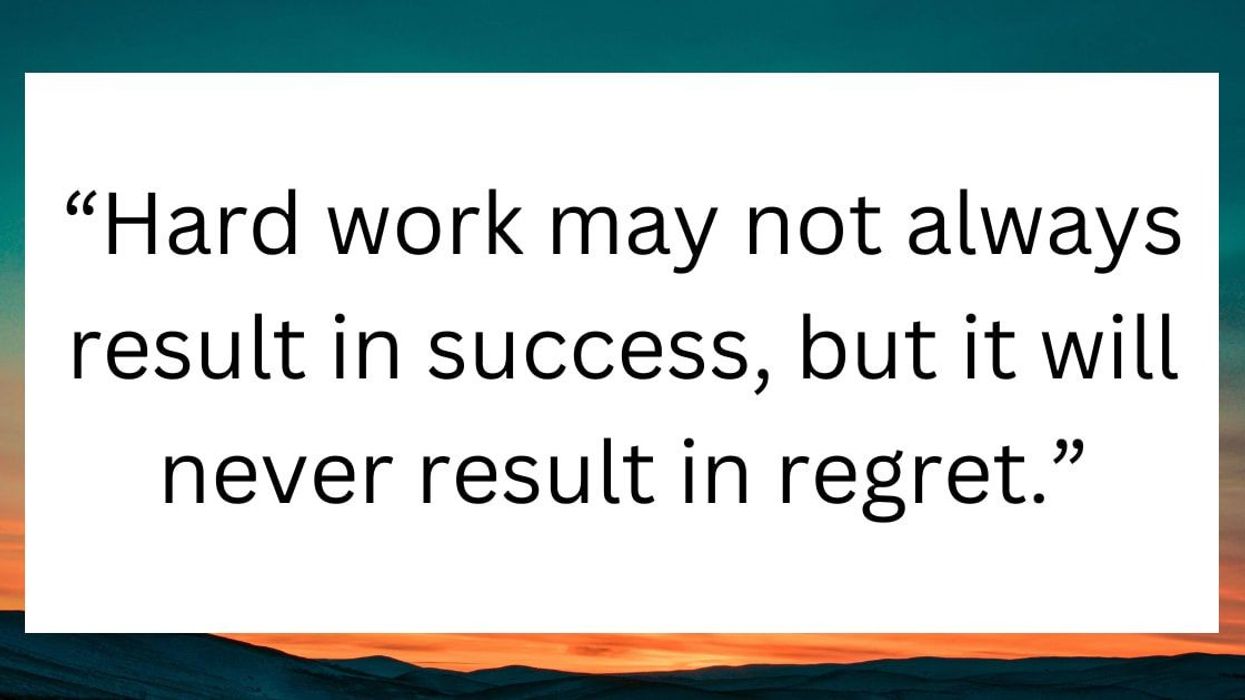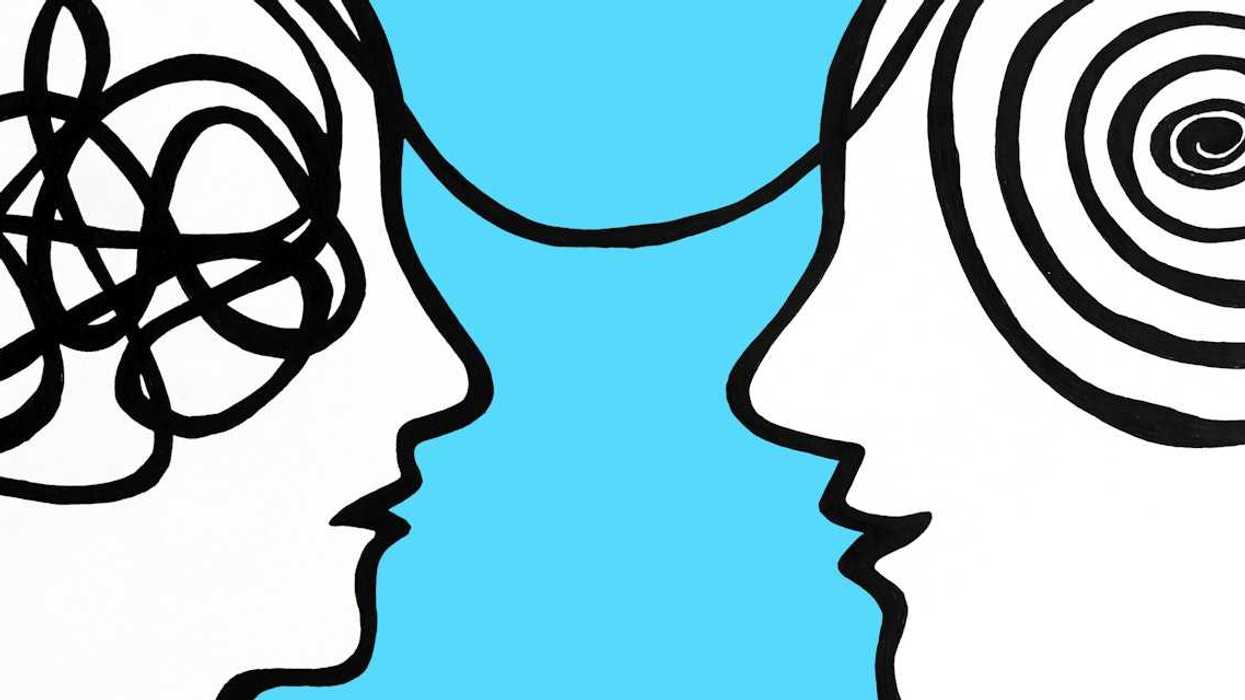In a letter posted recently on Reddit, an economics professor wrote an extremely inspirational parting letter for students at the end of a semester. The letter is brimming with pearls of wisdom and some beautiful insights on love and life.

Redditor u/NeedleworkerBrave948 uploaded the letter with the caption, "Today I took my last Economics midterm and this note was attached to the back of the exam." The post was shared on r/MadeMeSmile, a Reddit community with over 9.3 million members. Enclosed in the post is the picture of a printed letter that is addressed “Dear students!”

The professor began the letter by congratulating the students for finishing the Econ 2003 course. "This semester has come and gone so quickly I cannot believe the end is already there. I hope you had a great semester," the educator said.
In the following paragraph, the academic outlined some qualities of being a good professor. The letter signified that a good professor is much more than someone knowledgeable, experienced, and smart. They do not merely explain and demonstrate some concepts to their students but is also warm, accessible, and encouraging for each student. “As a professor, I always ask myself how to be a good professor that my students need,” they wrote.

In the following lines of the letter, the professor shared some profound and astute insights, while encouraging the students for their intellectual acuity and positive attitude. “In the future, you may forget the specific content you learned in Econ 2003. But I hope you remember the positive attitude conveyed in this course. When you are confronted with challenges in the future, you know tough times don’t last; tough people do. And you keep on fighting. When you further your study, you understand learning is a process and do not look down upon yourself. I hope you to be whoever you want to be. You are unique in the whole world!”

The teacher inspired the students to give their best in the upcoming final exam, sharing a powerful quote about “hard work” that read, “Hard work may not always result in success, but it will never result in regret.” Something to be jotted down on a sticky note!
The econ professor then passed on some bits of wisdom on the topic of “family” by writing that the family is the “most precious gift we are given.” The letter also spoke about the importance of friendship in one’s life. “Even the strongest man needs friends,” said the professor, while emphasizing the significance of love, “I hope you believe in love. If we cease to believe in love, why would we want to live?”

The inspiring letter wrapped with a heartfelt note, enough to bring tears to a student’s eyes. “Life is a journey, and I am the lucky one to company you for part of the trip,” said the professor, adding, “Remember life is a collection of moments. The idea is to have as many good ones as you can. However dark and scary the world might be right now, there will be light! After this semester, when we meet, I am not your professor, but your friend! If you need my help, please let me know. I am always there to help. Best wishes to everyone. I hope everything will become better and better! A big hug.” The letter was signed as “Sunny.”

People who read the farewell letter found it touching and inspiring. Teary-eyed, u/something-strange999 commented, “These onions again!! What an amazing note, wise words.” On the other side, u/bored-coder said, “Mr. Sunny sounds like a stand-up guy."


















 Regular exercise and a balanced diet are cornerstones to aging well.
Regular exercise and a balanced diet are cornerstones to aging well.


 Oral Wegovy pills were approved by the Food and Drug Administration in December 2025 and became available for purchase in the U.S. in January 2026.
Oral Wegovy pills were approved by the Food and Drug Administration in December 2025 and became available for purchase in the U.S. in January 2026. Despite the effectiveness of GLP-1 drugs for weight loss, there is still no replacement for healthy lifestyle patterns, including regular exercise.
Despite the effectiveness of GLP-1 drugs for weight loss, there is still no replacement for healthy lifestyle patterns, including regular exercise.


 What foods would you pick without diet culture telling you what to do?
What foods would you pick without diet culture telling you what to do?  Flexibility can help you adapt to – and enjoy – different food situations.
Flexibility can help you adapt to – and enjoy – different food situations.
 Anxious young woman in the rain.Photo credit
Anxious young woman in the rain.Photo credit  Woman takes notes.Photo credit
Woman takes notes.Photo credit